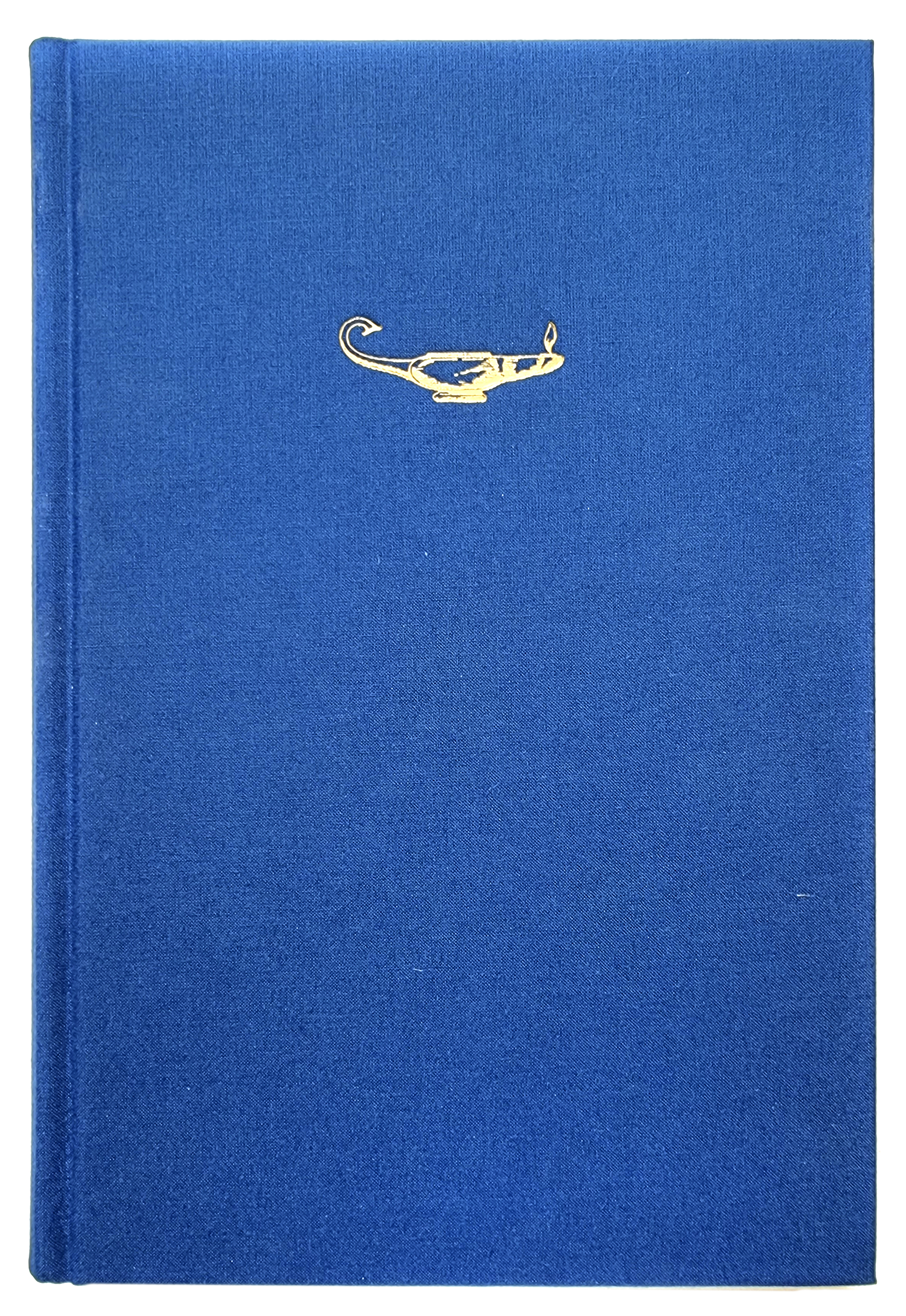Contextualising the “American race” in the Atlantic
The case of Carl von Martius and his German and Iberian sources
Nyckelord:
Carl von Martius, transatlantic science, Romantic science, Iberian colonial sources, American race, nineteenth-century BrazilAbstract
This paper addresses the place of the Bavarian scholar Carl Friedrich Philipp von Martius (1794–1868) within the complex process of development of a ‘natural history of man’ in the nineteenth century. Martius’ understanding of natural history primarily focused on the notion of ‘American race’, i.e. one of the four or five races described by J.F. Blumenbach and C. Linnaeus. In this paper, I elucidate the geopolitical and intellectual coordinates which circumscribed Martius’ thought. I call the attention to the influence of the so-called German ‘Romantic science,’ as well as to Iberian sources which played a crucial role in Martius’ construction of the notion of the ‘American man.’ Martius’ travel narratives created grounds for a transatlantic natural history, in which the unit of analysis is the South Atlantic Ocean and involves a complex and archaic consortium of monarchs. This geopolitical alignment was circumscribed by religious, economic, and scientific ties which connected several nation-states and empires, including Austria, Bavaria, Brazil and Portugal.
Downloads
Publicerad
Nummer
Sektion
Licens
This work is licensed under a Creative Commons Attribution 4.0 International License. The copyright for the work published in Lychnos remains with the authors.


